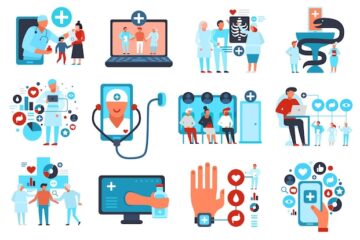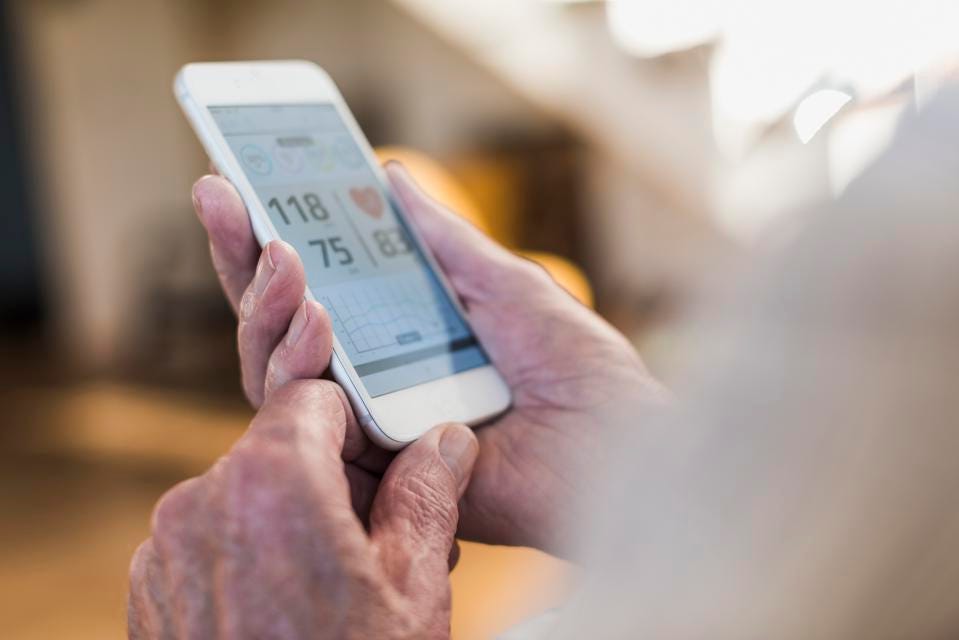Dementia is one of the most feared conditions of aging. The CDC estimates that over 14 million Americans will be affected by 2050. The cause is likely multifactorial and although we know much about the pathologic findings seen on imaging and autopsy, the ability to prevent this disease or treat it remains elusive. Just this week a highly touted experimental treatment called TauRx failed in its largest human trial to date. The drug targets one of the main suspected culprits of Alzheimer’s–accumulation of the Tau protein. Other treatments targeting the beta-amyloid protein have also met with mostly disappointment. But what if we could prevent dementia? We know already that patients with uncontrolled hypertension, certain genetic conditions, family history, high alcohol use, tobacco use, low cognitive reserve and professions without significant lifelong learning increase the risk considerably.
Many scientists have turned to cognitive training in an attempt to both prevent and treat dementia. This “brain game” training has turned into a billion dollar industry according to Forbes. Not everyone is happy about this however. The National Academy of Sciences published a paper suggesting most of the effects of cognitive training are nothing more than placebo. The hammer blow for the industry was the $50 million dollar fine (settled at $2 million) the Federal Trade Commission levied on Lumosity (the leading brain training company) in January 2016 that we reported on here at iMedicalApps. Lumosity simply made claims it couldn’t back up with hard science.
This week the news is much better for brain training games. Investigators for the Advanced Cognitive Training for Independent and Vital Elderly (ACTIVE) study presented 10-year follow-up data at the Alzheimer’s Association International Conference in Toronto. The ACTIVE team previously showed benefit of cognitive training in community dwelling adults and have published other articles suggesting benefits in a variety of outcomes. But these new results showed a 33% decreased incidence in dementia in subjects who utilized the speed training exercises that were part of the trial.
Posit Science utilizes the exact same cognitive training in their medical app, BrainHQ. In fact, most of the investigators reported honoraria from Posit Science; however, the study is funded by a National Institutes of Health (NIH) grant. Nonetheless, the results of the study are impressive. ACTIVE included 2,785 community-dwelling adults without evidence of cognitive impairment at baseline aged 65 years and older (average 74 years at baseline) and followed them for 10 years. Patients were randomized into three different cognitive training arms including a control group. According to results presented at the conference by the authors, dementia incidence was 14% in the control group, 12% in those completing 10 or fewer speed-of-processing sessions, and 8% in those who completed 11 to 14 speed-of-processing training sessions. Only the speed-of-processing training showed a significant effect on cognition (HR 0.67; 95% CI, 0.49-0.91). Dementia was reduced by 8% per cognitive training session completed according to the study’s authors.
So will the BrainHQ medical app do the same for you? No one knows at this point, but certainly the Double Decision speed training game may be worth a look for many over the age of 65 interested in cutting their dementia risk. Patients and providers should be cautious in attempting to generalize these results to a younger patient population, patients already with dementia or other games that are part of BrainHQ. Hopefully, answers to these questions will come in time. For now, let’s take a quick look at BrainHQ in action.
Contents
Evidence based medicine
Posit Science, the company behind the BrainHQ medical app, has been steadily increasing the quality of the evidence to back up their claims of the app improving memory, cognition, reasoning speed, etc. With the latest announcement from the ACTIVE investigators, the Double Decision game that is part of BrainHQ is now the first to show a decreased incidence of dementia. Obviously, the study population was much older (ages 74-84) than most potential customers. Future research will hopefully tell us if games like those in BrainHQ, if started earlier in life, can prevent/delay dementia or treat/lessen established dementia. The generalizability of the results of the ACTIVE study is limited in those respects.
What patients/providers would benefit from this Medical App?
Any patient or healthcare provider who is interested in a game based format to potentially delay/decrease the incidence of dementia.
[Source:- Medical Apps]



